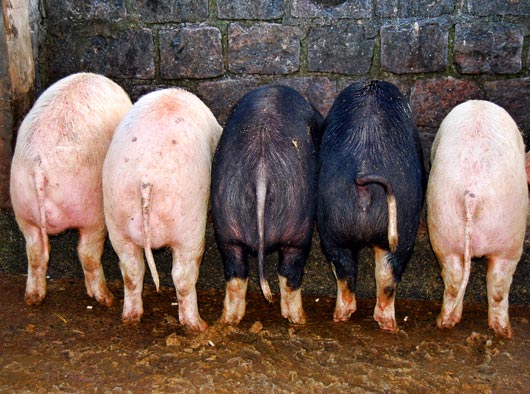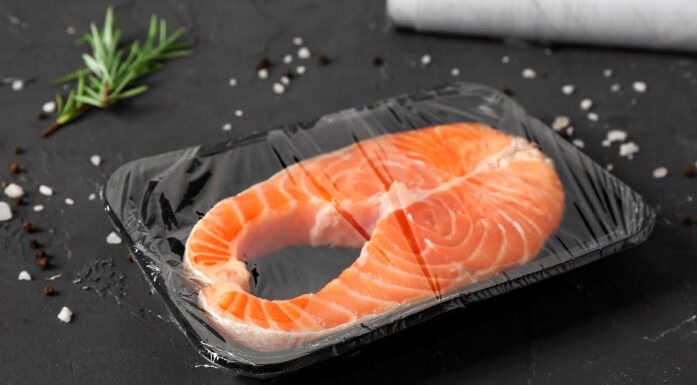Good news for pigs
Embedding sperm cells in a gel for artificial insemination increases the fertilization period for cattle and pigs and means more offspring.
There are currently two methods for artificial insemination: bull semen that can be frozen to a temperature of -172 oC and stored indefinitely. However, pig semen must be diluted and stored as a liquid. Here the storage time is only a few days.
The window of opportunity for insemination is also limited. Hitting the period when the sow is receptive is difficult and farmers need to inspect the animals regularly.
Storage
Achieving simpler insemination routines has therefore been an objective for Geno and Norsvin, two national artificial insemination companies for the breeding of cattle, horses and pigs.
“The time frame from when a sperm dose for pigs is extracted until it must be utilized is five days,” says reproduction research scientist Ann Helen Gaustad at Norsvin. “Extending this by one to two days would be extremely significant.”
The two organizations contacted SINTEF in 2003 and with the assistance of funding from the Research Council of Norway, a research project was launched. Research scientists wanted to enable sperm cells to be able to fertilize eggs over a longer period.
In 2008, the status is that the research scientists have developed a technique that moulds the sperm cells into an alginate gel. The cells can then be stored until the gel is inseminated into the animal.
“We have been trying to confirm a hypothesis that restricted tail movements of sperm cells, as is the case when they are in the animal’s testicles, provides longer lasting qualities,” says Geir Klinkenberg at SINTEF. “We achieve the restrictions by using the gel and the results to date are good. By achieving longer storage ability, it prolongs the lifespan of the sperm population in the uterus.”
High values
Insemination sperm for pigs is currently sent all over Norway from a central plant in Hamar. Norsvin produces up to 3000 doses daily.
“This is production on an industrial scale where the sperm can be used in a large number of animals, and where each sperm and each piglet represents high value,” says Klinkenberg.
The next step will take place in the spring with insemination trials on larger animals. Around 1000 animals will be inseminated using the new method to see if better results are achieved than with today’s conventional methods.
“This is a completely new and revolutionary approach where the focus has been on controlling the processes that occur both before and after the insemination,” says Geno Research & Development Manager Elisabeth Kommisrud.
By Åse Dragland





